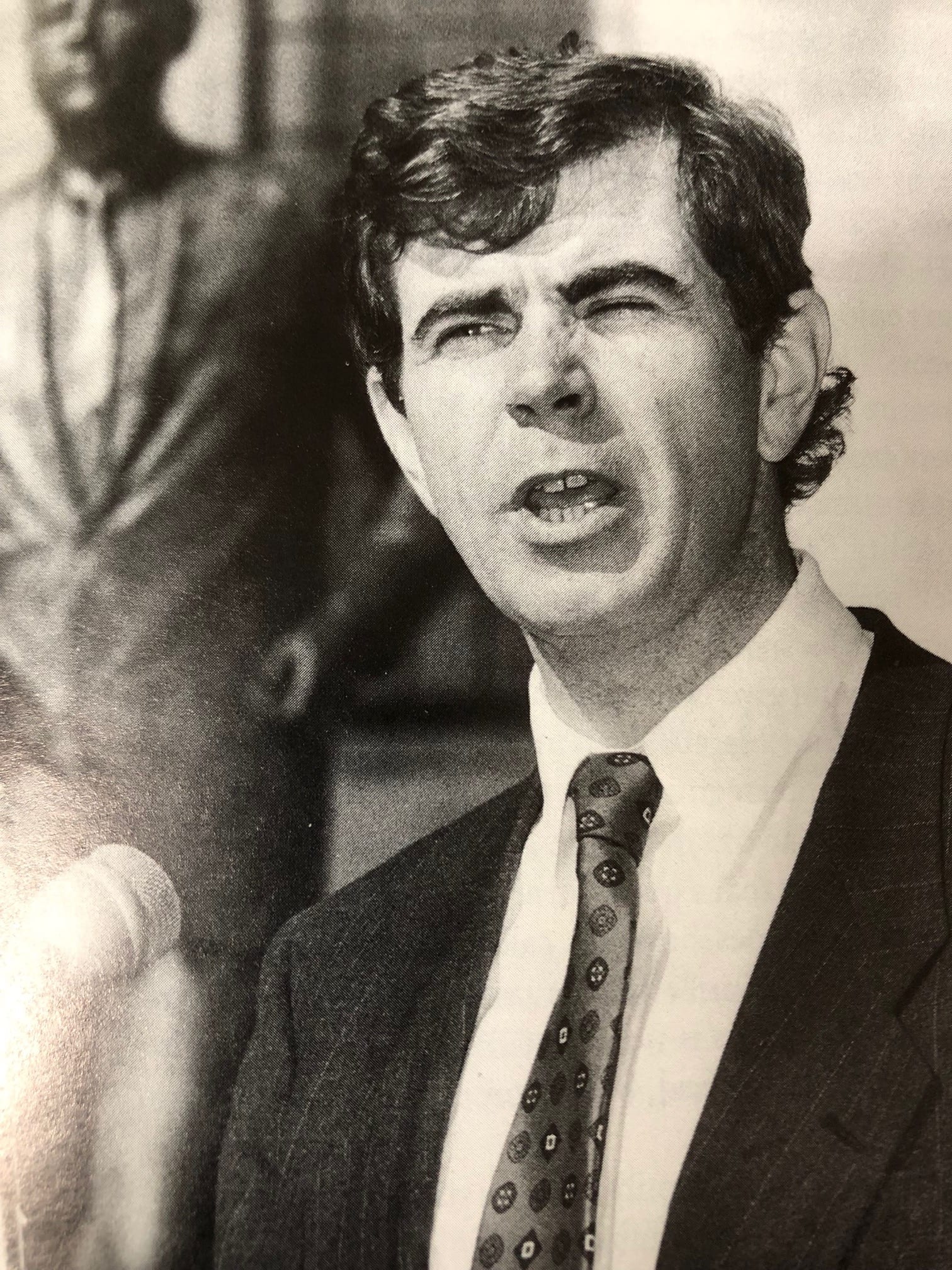
There’s no more noble aspiration than that of one day becoming a professional journalist, but many may feel intimidated or unequipped to pursue such an impressive career.
Read More
There’s no more noble aspiration than that of one day becoming a professional journalist, but many may feel intimidated or unequipped to pursue such an impressive career.
Read More
U.S. — The results of a national survey revealed that nearly 90% of moviegoers were curious about what happened to the guy who made Aliens and Terminator 2, and then apparently just completely stopped making movies for some reason.
Read More